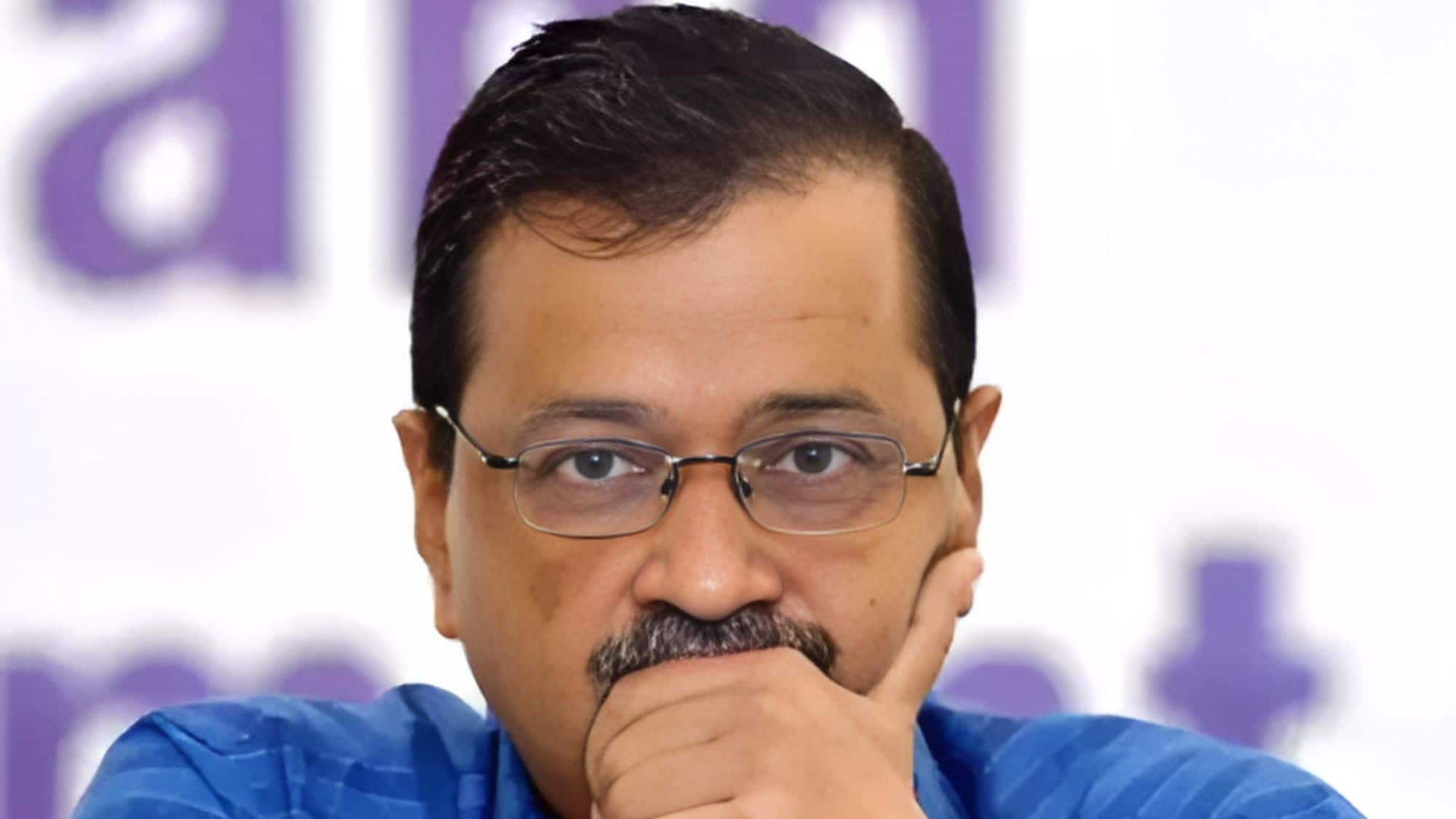Supreme Court Grants Bail to Arvind Kejriwal Amidst Political Backlash
In a significant legal development, the Supreme Court granted conditional bail to Arvind Kejriwal, the Chief Minister of Delhi and leader of the Aam Aadmi Party (AAP), in the ongoing Delhi excise policy corruption case. The ruling has elicited a strong reaction from the Bharatiya Janata Party (BJP), which has called for Kejriwal’s immediate resignation on moral grounds.
BJP’s Demands for Resignation
Following the Supreme Court’s decision, BJP spokesperson Gaurav Bhatia held a press conference where he stated, “The Supreme Court has shown a mirror to Delhi Chief Minister Arvind Kejriwal and has granted him conditional bail.” Bhatia further emphasized that Kejriwal should resign from his position as Delhi Chief Minister, labeling him as “the jail CM turned bail CM.”
Accusations of Corruption
BJP representatives have intensified their rhetoric against Kejriwal, suggesting that his continued presidency despite the legal issues reflects a lack of morality. Bhatia criticized, “Arvind Kejriwal has got conditional bail, and despite this, he remains in a constitutional position. It would not be wrong to label him a corrupt CM.”
Political Satire and Criticism
Adding to the political satire, Delhi BJP chief Virendra Sachdeva remarked, “AAP’s ‘bailable club’ now has another member, Arvind Kejriwal.” He urged AAP leaders to carefully absorb the Supreme Court’s ruling, which he stated affirmed the legality of Kejriwal’s arrest, thus intensifying the political scrutiny surrounding the Chief Minister.
Bail Details and Supreme Court’s Justification
The Supreme Court’s bench of Justices Surya Kant and Ujjal Bhuyan granted bail on the condition that Arvind Kejriwal furnishes a bail bond of ₹10 lakh along with two sureties of the same amount. The court’s ruling highlighted that prolonged imprisonment is tantamount to an unjust deprivation of liberty, thereby underscoring the sensitive nature of the allegations against the Delhi CM.
Conclusion
This legal development not only affects Kejriwal’s political career but also raises questions about governance and accountability among elected officials. As the situation unfolds, it may lead to broader implications for the AAP and its standing in Delhi’s political landscape.












